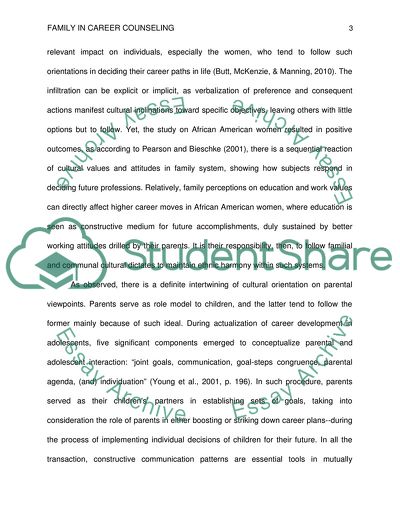Cite this document
(Family in Career Counseling: How to Succeed Term Paper - 1, n.d.)
Family in Career Counseling: How to Succeed Term Paper - 1. Retrieved from https://studentshare.org/psychology/1750195-career
Family in Career Counseling: How to Succeed Term Paper - 1. Retrieved from https://studentshare.org/psychology/1750195-career
(Family in Career Counseling: How to Succeed Term Paper - 1)
Family in Career Counseling: How to Succeed Term Paper - 1. https://studentshare.org/psychology/1750195-career.
Family in Career Counseling: How to Succeed Term Paper - 1. https://studentshare.org/psychology/1750195-career.
“Family in Career Counseling: How to Succeed Term Paper - 1”, n.d. https://studentshare.org/psychology/1750195-career.


